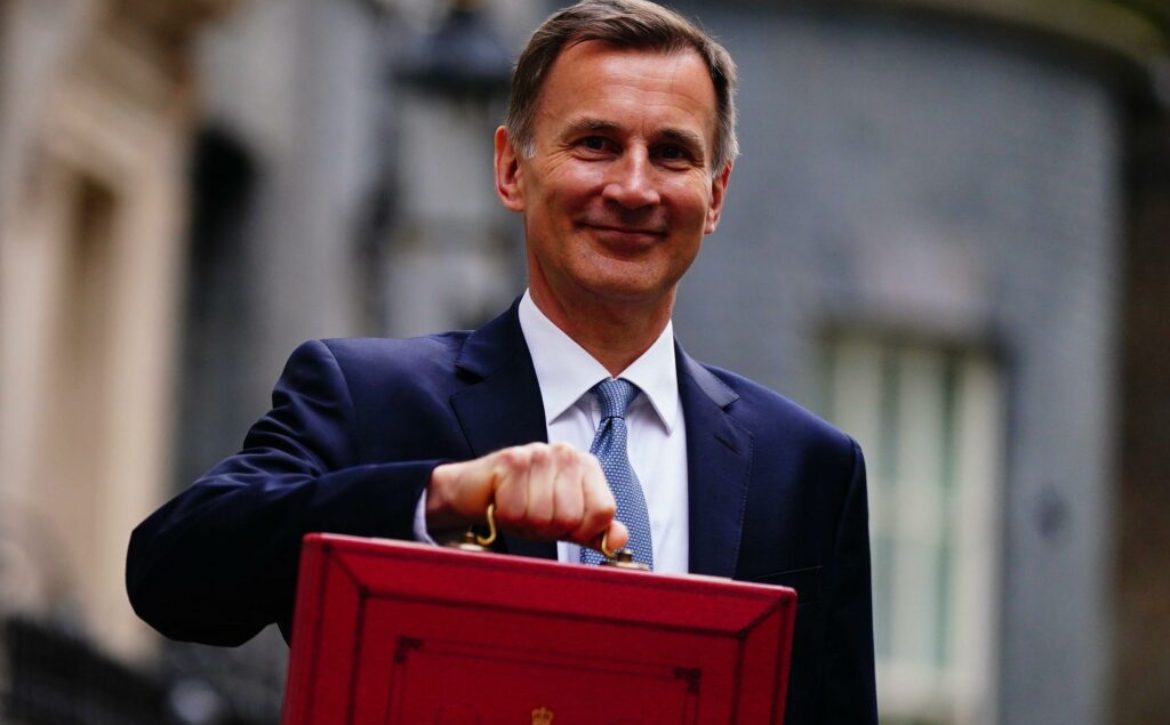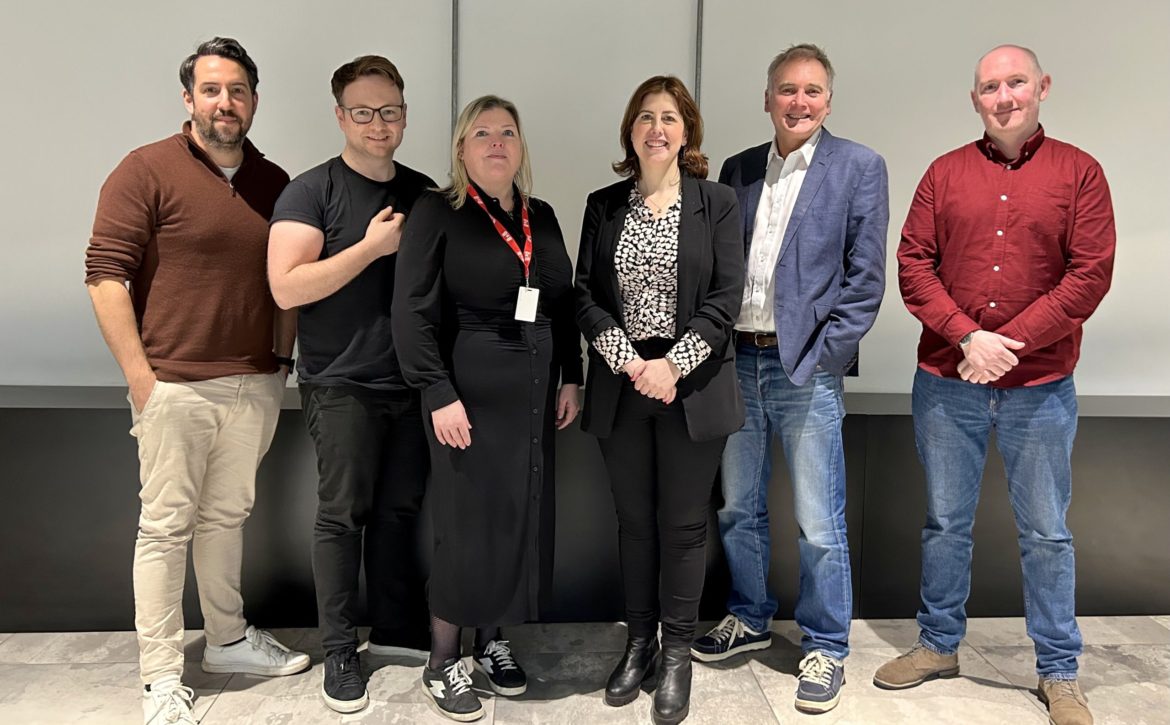UKTCG calls for digital innovation policies to benefit all regions of the UK
The UK Tech Cluster Group (UKTCG) has launched a report outlining how the next
Government can harness the potential of the country’s tech ecosystems to support
businesses and people right across the UK.
Launched at a Parliamentary reception on January 9, hosted by Alex Davies-Jones MP, the
in-depth report sets out four ways in which development of the tech industry can support
social mobility and economic growth.
Katie Gallagher OBE, chair of the UKTCG and managing director of Manchester Digital,
said: “In launching the report and our ‘Four Big Ideas’, we’re calling for Government to
harness the huge potential of technology and the tech industry to unlock the potential in
every region of the UK.
“Across the UK, we have numerous strong and individual tech ecosystems. By creating a
digital and innovation policy which supports business and individuals in each region, we can
support true social mobility and see real opportunity for businesses to grow alongside the
fast-moving innovation within tech.
“In setting out ‘Four Big Ideas’ for the next government, we are ready to help ensure new
technologies unlock the potential of every business, every person, and every place. If we
want our sector and our local communities to go far, then we need to go together.”
Alex Davies-Jones MP said: “Ensuring all people and businesses across the UK can
participate in and benefit from a growing digital economy is vital to our shared success.
“This report from the UK Tech Cluster Group outlines four crucial ways in which Whitehall,
local leadership and industry can better work together to help every place to reach their
potential.
“New technologies can support and grow businesses in all corners of our country and offer
opportunities for exciting new careers in every community. But we need to work together to
ensure national policy encourages local innovation. I welcome this report at a crucial
juncture for our economy.”
The in-depth report has identified ‘Four Big Ideas to Harness Tech’s Potential Across the
UK’. They are:
- A globally competitive tech talent pipeline in every region: ensuring the economy
delivers opportunity for all and drives social mobility by unlocking tech talent. - Driving digital innovation at the foundations: ensuring every business can understand
and benefit from the opportunities which tech brings. - A UK Innovation Policy which gives every place a chance: by embedding digital tech
at the heart of regional development strategies and incentivising collaboration. - Mobilising ecosystems to help businesses to start and grow: by recognising that
‘place’ matters, and tech communities can underpin the success of devolution.
Katie added, “We see this moment as a start of a conversation about how good practice
from the grassroots can inform better delivery through a new partnership with Whitehall. We
need to learn the lessons from the last decade of centralised tech policy and delivery
through departmental silos, which has left so much potential untapped. As grassroots tech
leaders, we look forward to working with Parliamentarians to put our plans into action.”
The UK Tech Cluster Group (UKTCG) brings together tech organisations from every region
and nation of the UK to help them thrive.











